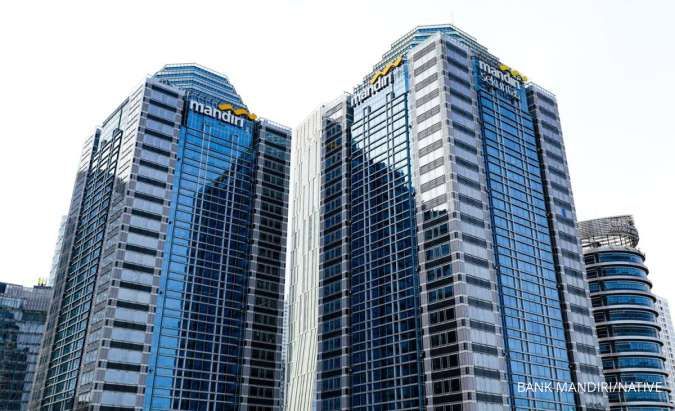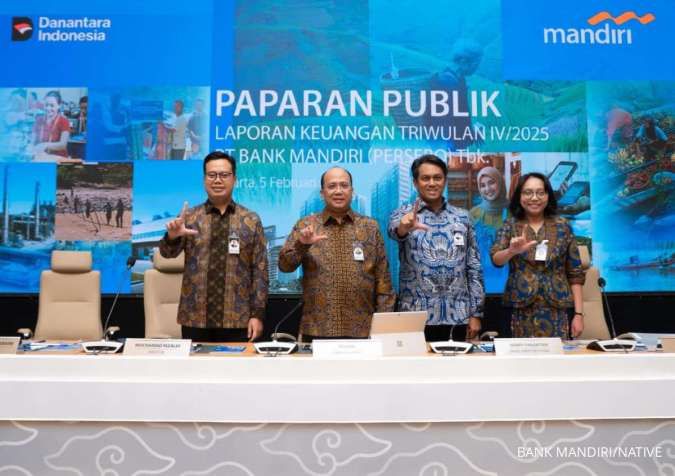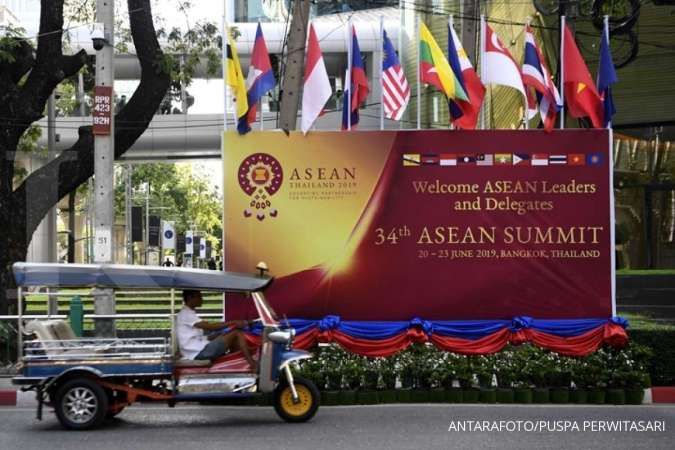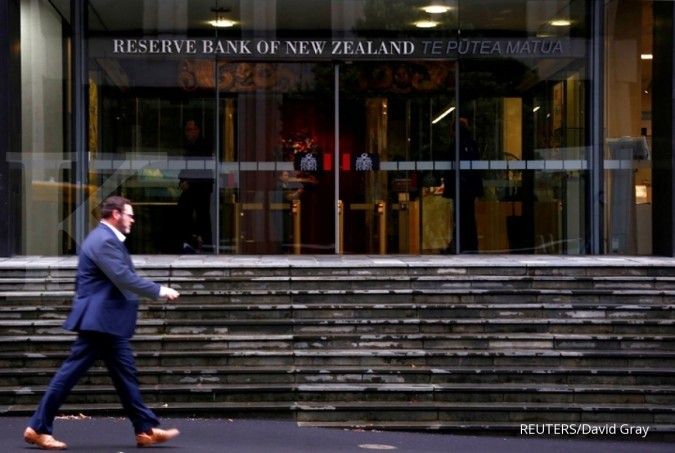KONTAN.CO.ID - JAKARTA. Indonesia's foreign trade surprisingly swung back to a surplus in May, against market expectations of a $1.38 billion deficit, spurring some hopes for improvement in the country's trade outlook despite the Sino-U.S. trade war. Southeast Asia's largest economy had a $207.6 million surplus for May, the statistics bureau said on Monday, as imports dropped near the end of the Muslim fasting month. This followed a trade gap in April that was the widest in Indonesia's history, at $2.44 billion, partly due to rising demand for imported consumer goods ahead of Ramadan, the fasting month, which began in May and ended in early June.
Indonesia surprises with a trade surplus in May
KONTAN.CO.ID - JAKARTA. Indonesia's foreign trade surprisingly swung back to a surplus in May, against market expectations of a $1.38 billion deficit, spurring some hopes for improvement in the country's trade outlook despite the Sino-U.S. trade war. Southeast Asia's largest economy had a $207.6 million surplus for May, the statistics bureau said on Monday, as imports dropped near the end of the Muslim fasting month. This followed a trade gap in April that was the widest in Indonesia's history, at $2.44 billion, partly due to rising demand for imported consumer goods ahead of Ramadan, the fasting month, which began in May and ended in early June.




